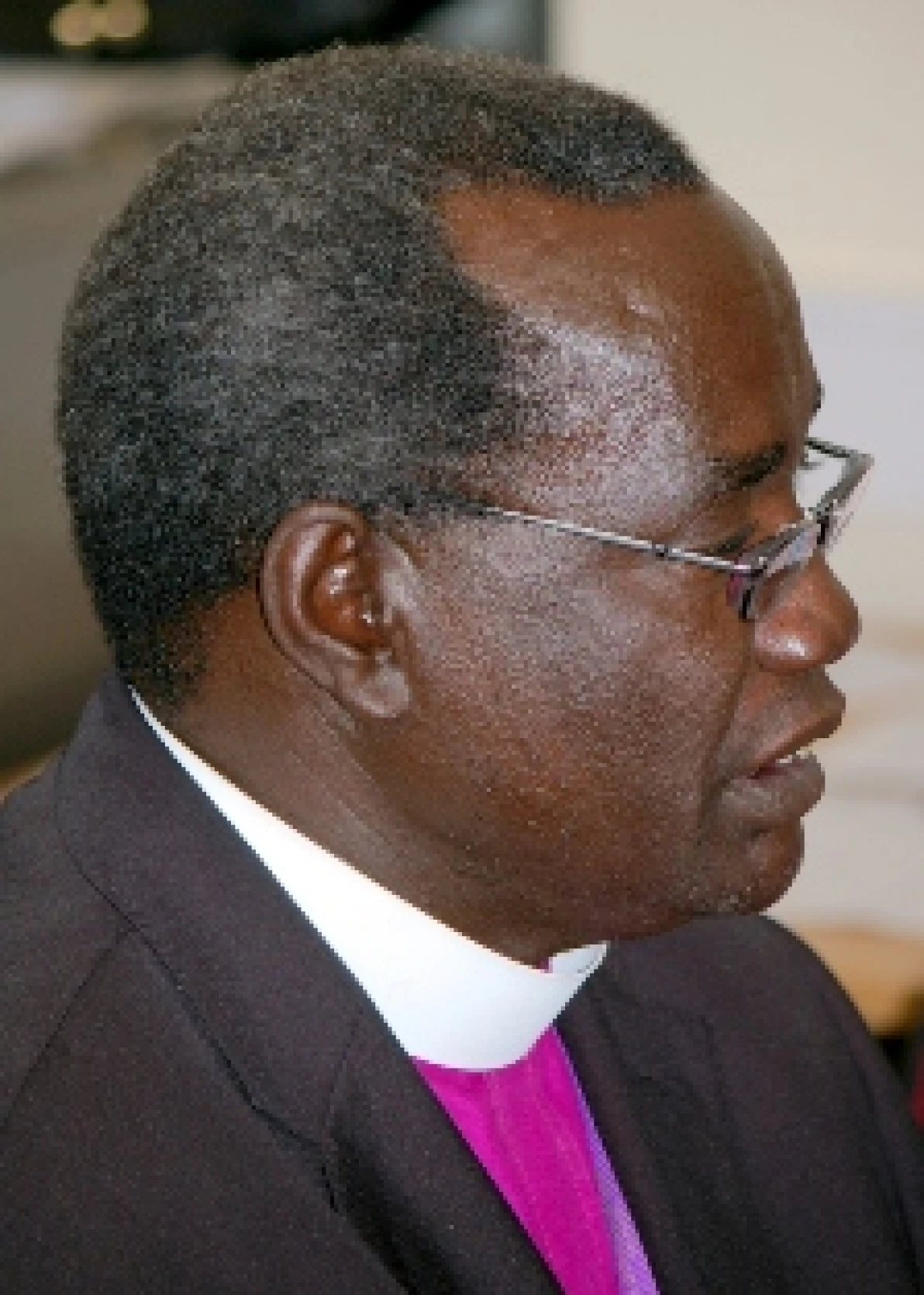Sudan delegation 'raises alarm' with UN Secretary General

An ecumenical delegation of Sudanese religious leaders has met with U.N. officials and Secretary General Ban Ki-moon to express its fear of what might happen if the January 9th referendum in which south Sudan is expected to vote for independence from the north is not carried out as planned.
"We told him we came to raise an alarm to the United Nations," said Archbishop Daniel Deng Bul of the Episcopal Church of Sudan during a press conference held at the Church Center for the United Nations, following a day of U.N. meetings.
"We are the church, we are in the ground. We are with the people. And we are knowing everything that is happening in the ground there. So because of that we are here," Deng said.
The ecumenical delegation is in the United States on an awareness and advocacy campaign in advance of the referendum. The archbishop was joined at the press conference by Roman Catholic Auxiliary Bishop Daniel Adwok Marko Kur of Khartoum; Roman Catholic Bishop Emeritus Paride Taban of Torit; and the Rev. Ramadan Chan, general secretary of the Sudan Council of Churches.
The referendum is the final provision of Sudan's Comprehensive Peace Agreement (CPA), signed in 2005 by the warring Sudan People's Liberation Movement in the south and the north's Khartoum-based Government of Sudan. The CPA ended a 21-year civil war -- fought by the Arab and Muslim north and rebels in the Christian-animist south -- that killed more than 2 million people and displaced an estimated 7 million more.
"Our fear is going to come if the Comprehensive Peace Agreement is not implemented accordingly, and that is going to be disaster in the country," Deng said. "And the people that are going to die are going to be innocent. And for us at the church we are always careful and mindful for those who cannot speak for themselves."
Deng explained that there is little time left between now and January 9th, and the delegation's visit is a signal to the United Nations, those who signed the CPA and the countries that supported the CPA, that many "things" have been left undone, he said.
The northern government has been criticized for not living into the terms of the CPA, and some believe it is deliberately trying to stall the vote, or that it may try to manipulate the outcome.
"There are some fears that the referendum will not take place because the north is not happy," said Chan, the general secretary of the Sudan Council of Churches. "The southerners, you know, are ready to go forward with the referendum because they feel it is a democratic chance and a constitutional chance for them to exercise their rights in determining their political destiny ... so any delay is not in favor of anybody, especially the south."
"We feel that if these things are not done properly, it may take the country back to violence and war, which as churches we are not for," he added.
The CPA also calls for equal oil revenue sharing between north and south (oil revenues account for 95 percent of Sudanese export revenues and 65 percent of government revenues, according to the International Monetary Fund); fair demarcation of north-south boundaries; and resolution of citizenship issues.
Tension already is building in the north and south, but mostly in the north, said Adwok, the Roman Catholic auxiliary bishop of Khartoum.
"The north doesn't want the south to secede," he said, adding the north also doesn't want to stop its oppression of the south.
Adwok stressed that the south's freedom to vote for self-determination is a human rights issue.
"At this juncture, in the third millennium, I don't think anybody can really be expected to remain in slavery when people all over the world are fighting for independence, self expression and democracy," he said.
The delegation has two other major areas of concern: that the will of the people be carried out in the transitional areas of Abyei, Nuba Mountains (Southern Kordofan) and Blue Nile; and that the safety and human rights of the internally displaced southerners living in the north be protected.
U.N. officials and Ban assured the delegation that they would have representatives in every county of south Sudan to monitor the referendum and that they are mobilizing U.N. protective forces, said Deng.
Deng also made reference to a recent visit by a U.N. Security Council team to Sudan. "That is an assurance to our people that the U.N. is here this time," he said.
ENDS